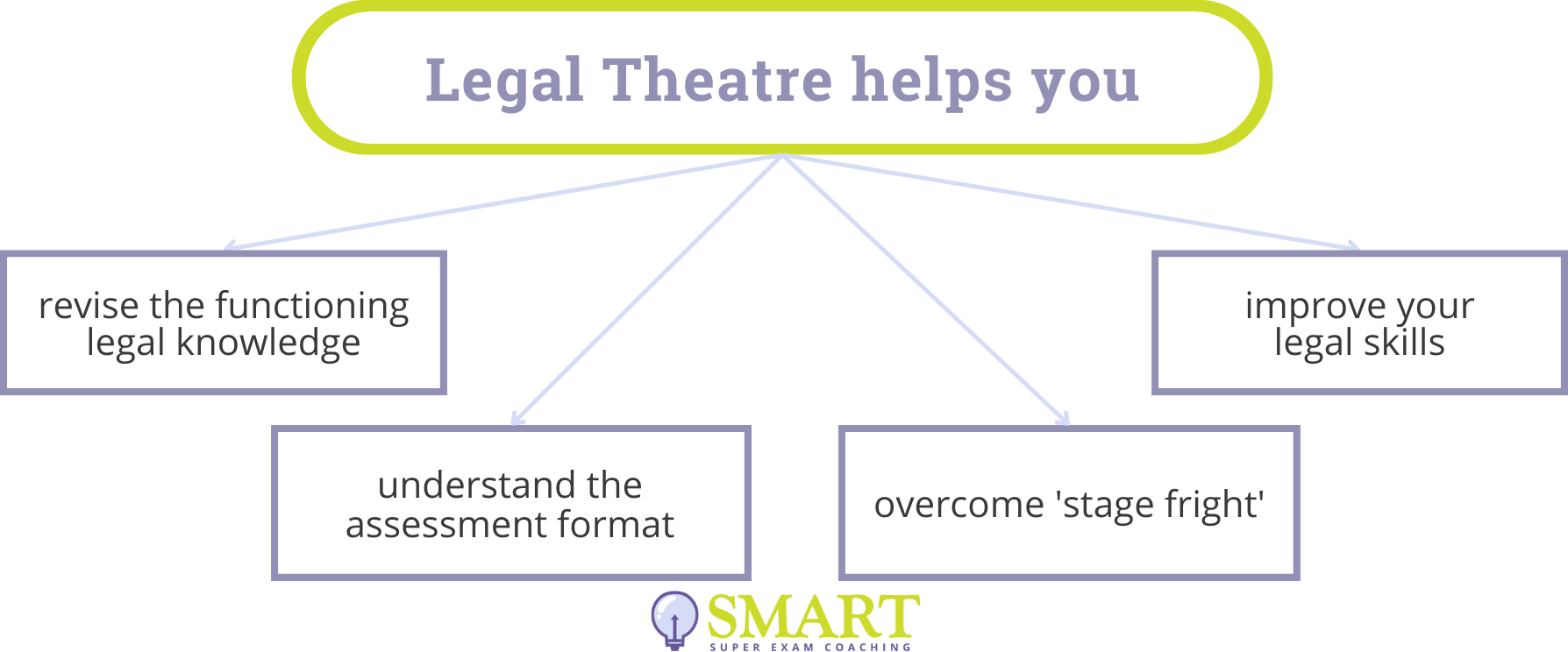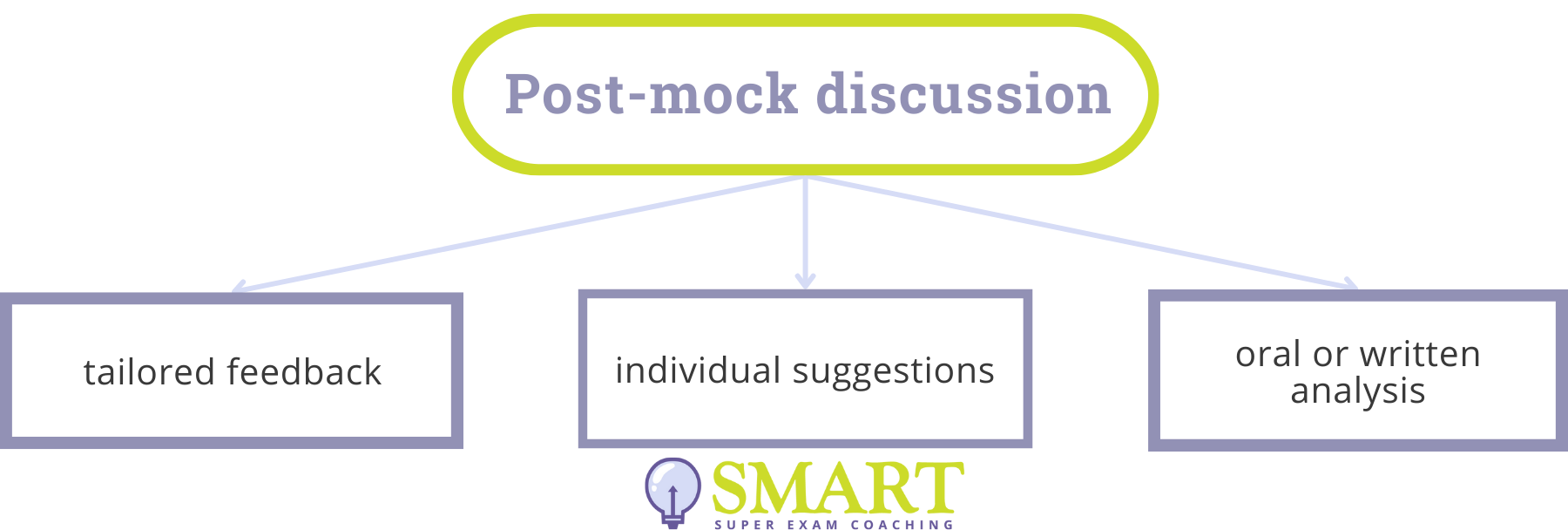Ask any lawyer qualified as a solicitor of England and Wales via the QLTS or SQE assessment, and they will all tell you this qualifying examination is one of the biggest professional challenges they’ve ever faced. The amount of legal knowledge it tests, the level of legal skill it presupposes, the degree of understanding exam methodology it requires – all of these set this law exam apart from other assessments and bar exams. Logically, preparation for this original Solicitors Qualifying Examination calls for equally original approaches – as well as preparation for the LPC module assessments.
Whether you’re preparing for SQE1 or SQE2, our specialised resources are here to guide you every step of the way:
Skills practice for SQE candidates and LPC students
Though to a different extent and based on a different standard (of a trainee solicitor as opposed to junior solicitor in the SQE), the Legal Practice Course focuses on most of the skills assessed in the SQE2: those of legal research, writing, drafting, interviewing and advocacy.
So when choosing a strategy for the SQE2 preparation, or study strategies for LPC law exams and LPC resits, it is important to consider the methodology of the assessment. As both the SQE Stage 2 and certain LPC exams are practical legal skills assessments, successful preparation for them should also be based on practice. With this in mind, the Academy of Smart Lawyers (OSCEsmart) team has built up a highly practical course designed for both categories of legal professionals, SQE candidates and LPC students – a course that offers one-to-one mocks with individual feedback (NOT model answers) conducted by experienced SQE tutors.

Reflective practice
The student-led learning method combines theory with an active reflective practice – that has been proved most effective in building long-term memories and retaining knowledge.
Apart from training the candidates’ legal skills and revising their knowledge of law, our SQE2 course seeks to help students learn the SQE2 exam techniques. Having conducted simulations under exam conditions – with the same time limits and similar tasks – the candidates know what to expect in the actual Stage 2 assessment of the Solicitors Qualifying Examination.
This helps reduce exam anxiety, as well as develop the ability to select the most effective strategies for handling the task at hand.
To prepare SQE candidates and LPC students for one-to-one mock sessions, we have developed a simplified variety of such reflective practice – live demo mocks where the audience can watch an unrehearsed simulation (interview or advocacy) conducted by a real candidate and followed by the tutors’ feedback.

Though being a more passive learning tool, live demos offered by the new Legal Theatre project produce valuable results in:
- revising the aspiring solicitors’ functioning legal knowledge,
- improving their legal skills,
- demonstrating to the SQE candidates and LPC students the assessment format, and
- helping them overcome ‘stage fright’.

Learning through tailored technologies
Making the SQE and LPC exam preparation affordable, flexible and adjustable to individual needs certainly requires a technology-based learning environment. This environment is created for the learners by the Superexam online e-learning platform that:
- facilitates the interaction between SQE2 candidates, LPC students and tutors (qualified solicitors of England and Wales and interviewers),
- offers convenient scheduling,
- houses a library with educational resources (videos, audios, cartoons).
Technological cooperation
There is no doubt the live individualised online training is here to stay. In the post-pandemic world, it eliminates borders, saves costs, and most importantly, provides an opportunity to exchange knowledge, experiences and best practices between qualified solicitors and lawyers on their route to qualification. With us, learning from practicing legal professionals can be even more useful – as we have qualified as solicitors of England and Wales via the same assessment in the format of the QLTS OSCE, and have first-hand experience of the qualifying exam. In our ranks, we also have SQE law tutors who qualified as solicitors of England and Wales after completing their Legal Practice Course, which gives us a clear understanding of the needs and wants of LPC graduates.
Within the student-centered approach and case-based learning, the personality of the SQE law tutors becomes a critical factor. From dispensers of legal knowledge, they take on the role of experienced study partners with whom students jointly construct meaning and create multiple links between the existing information and new legal concepts. An opportunity for this joint construction of meaning is provided through regular practice – where SQE exam candidates and LPC students can:
- solve problems by applying their knowledge to real-life cases, and
- receive feedback about their performance from the perspective of both knowledge of law and legal skills.

Tutored mocks with post-mock analysis
To offer an opportunity like that is the purpose of mock sessions. Here, in addition to interacting with a mock client, another lawyer or judge in either oral (interview, advocacy) or written form (writing, drafting, research, case and matter analysis), learners receive detailed and constructive feedback about their performance in each mock. Being delivered by the SQE tutor in a respective form (orally for oral mocks, and in writing for written assessments), the feedback identifies areas for improvement and involves the candidate in a professional discussion. This post-mock discussion with a qualified solicitor or interviewer gives superexam candidates a chance to articulate meaningful self-explanations:
- Why did you opt for a particular solution?
- How did you arrive at a certain conclusion?
- What knowledge or skill did you lack to resolve the situation?
For both students revising for exams after failing LPC assessments, and aspiring solicitors preparing for the SQE2, such self-explanations of their understanding of a legal topic have also been found highly effective in improving the students’ knowledge of law. Being in marked contrast to using uniform model answers, our approach based on post-mock discussion with an SQE law tutor provides learners with:
- tailored feedback on their performance,
- individual suggestions for revision and improvement, and
- oral or written analysis of both law and skills.

An extra benefit of combining mocks with individual post-mock discussions is saving the students’ time and money: depending on your background, you may need no more than a few sessions with our SQE law tutors.
If subscribing to a package is not an option for one reason or another, you can increase your chances of success by merely booking one mock for each of your most challenging assessments, and in your least favourite practice areas.
As you can see, mentored learning in a technology-based learning environment, together with an active reflective practice offered to aspiring solicitors make up the backbone of the SQE2 preparation and LPC revision courses from the Smart team. Frankly, it’s no magic wand – but combined with your dedication and hard work, it can propel you out of competitors’ reach. If your goal is admission to the roll of solicitors of England and Wales, our SQE law tutors will make this goal more feasible.